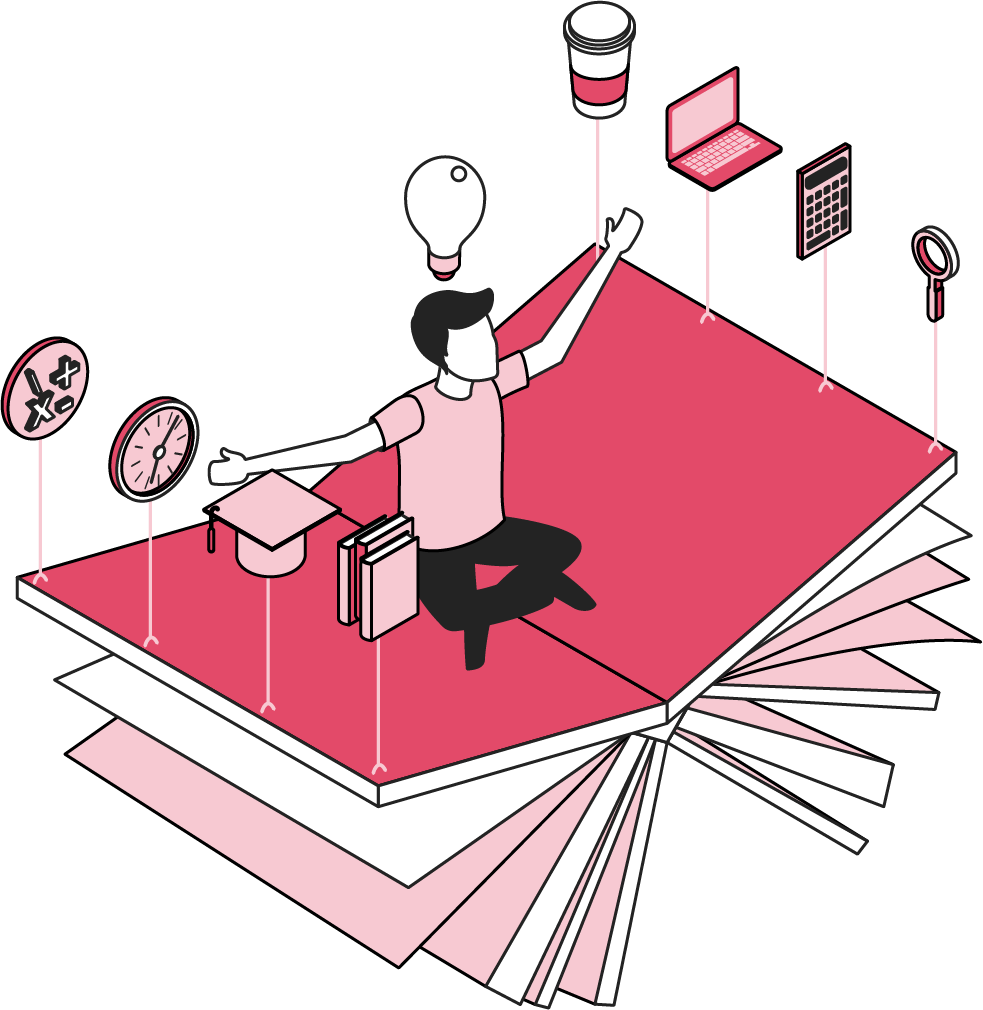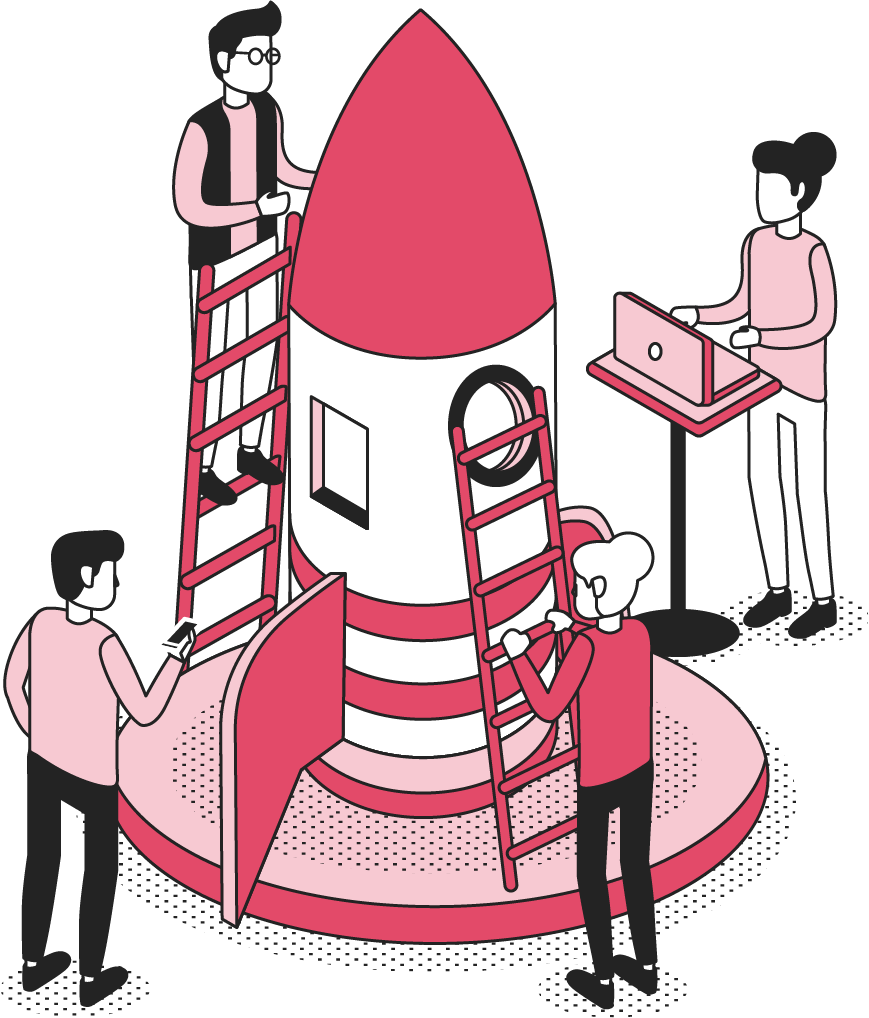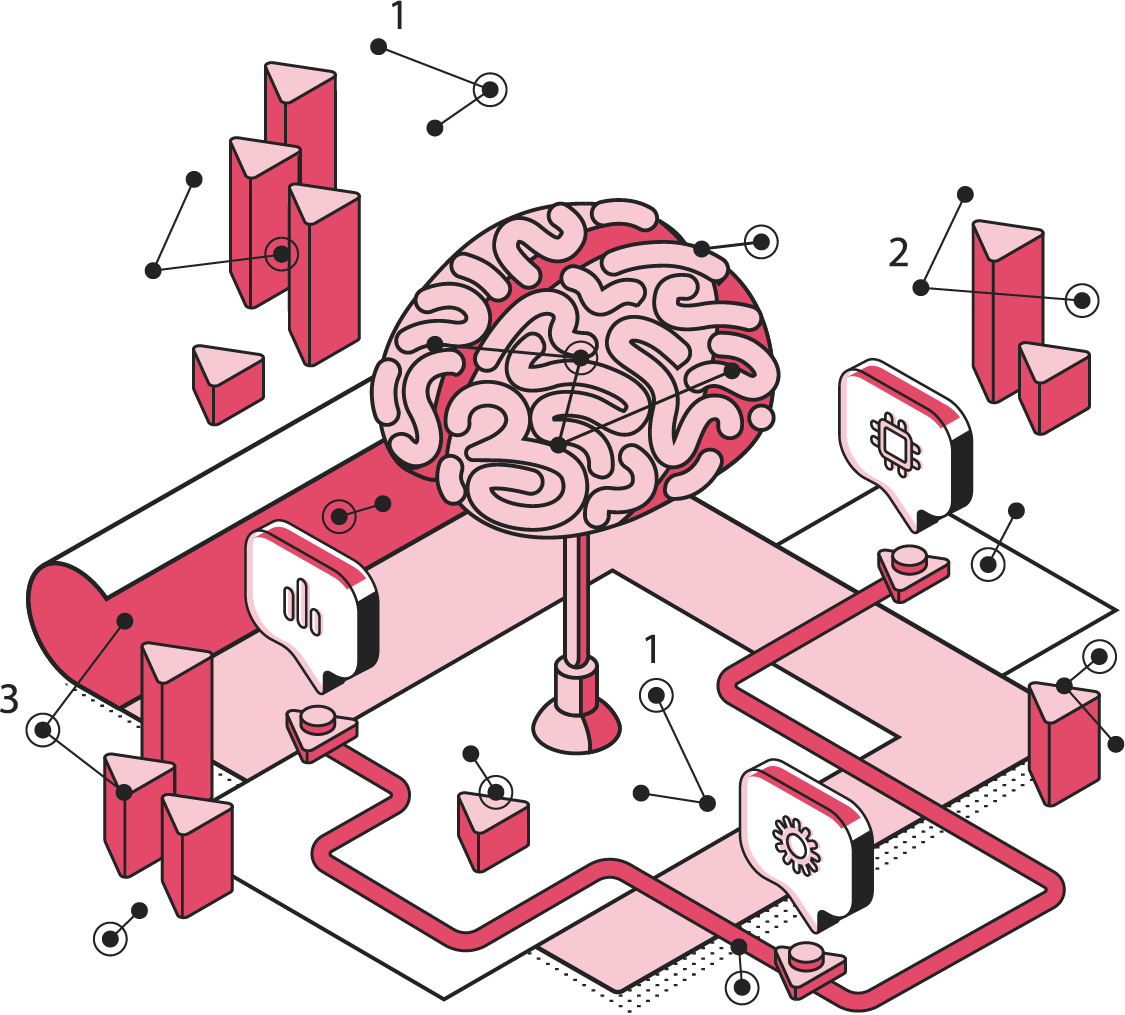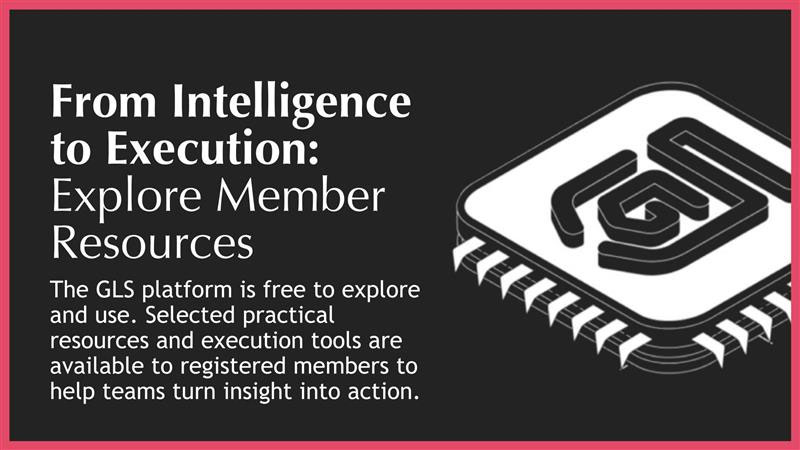The GLS Legal Operations Centre
Intelligence, resources and execution support
Transformation Tube Map
Knowledge Centre
Legal Dept.
Resources
Managed Legal Services
Members
Resources
Legal Ops
Community
Back
Quality Assurance
What Is It
The Quality Assurance (QA) station on the Human Capital Line is a dedicated planning reference point for how legal departments ensure the accuracy, consistency, and reliability of their output. In the legal environment, quality is not optional - it is the baseline.
Yet, many in-house teams rely on informal habits, unspoken standards, or ad hoc reviews to maintain it. That’s not good enough.
QA in legal teams is a specific affair. It must be embedded into the way lawyers work, not bolted on as an afterthought. It requires a blend of mentoring, structured review protocols, checklists, documented procedures, and technology-enabled oversight.
It also requires a culture of personal accountability - where lawyers hold themselves to high standards because they know their advice matters.
This station is about making QA visible, deliberate, and scalable. It’s about ensuring that every piece of legal work - whether a contract, a compliance memo, or a litigation strategy - has been through the right checks, by the right people, using the right tools.
Only by considering QA as a standalone planning priority can legal teams ensure their techniques are reaching the right areas, at the right time, in the right way.
Scope
The scope of the Quality Assurance station typically includes:
◼️Mentoring & Peer Review – Structured support and oversight from senior team members.
◼️Checklists & Review Protocols – Standardised tools to guide legal work and reduce error.
◼️Process & Procedure Alignment – QA embedded into documented workflows.
◼️Four-Eyes Policies – Mandatory second review for high-risk or high-value matters.
◼️Template & Clause Governance – Use of pre-approved content aligned with Group Legal Policy.
◼️Tech-Enabled Review Tools – Platforms that support version control, audit trails, and collaboration.
◼️Audit & Spot Checks – Periodic reviews to assess compliance with QA standards.
◼️Personal Standards Culture – Encouraging lawyers to take pride in precision and reliability.
Resource Status
The Quality Assurance station is considered a Repeater resource within the GLS Legal Operations model.
A Foundational Resource: Is responsible for determining the overall performance capabilities of a “critical” legal function. If it is not optimised, the function can never be optimised.
A Repeater Resource: Supports the performance of multiple "critical" legal functions and as such represents a "ripple effect" productivity intervention point.
A Specialist Resource: Is responsible for driving the performance of a very specific part of an individual legal function. Its productivity contribution is limited to that single legal function.
Best Practice Features
The best practice features of Quality Assurance are as follows:
◼️QA Planning Framework – A documented strategy for how QA is delivered across the team.
◼️Role-Based QA Protocols – Different levels of review based on risk, complexity, and lawyer seniority.
◼️Integrated QA Checkpoints – QA steps built into workflows and service delivery models.
◼️Template-Driven Consistency – Use of approved templates and clause banks to reduce variability.
◼️Mentoring Culture – Senior lawyers actively support and guide junior team members.
◼️Tech-Enabled Oversight – Use of platforms to track, review, and validate legal work.
◼️Audit & Feedback Loops – Regular reviews and feedback to improve QA practices.
◼️Personal Accountability Ethos – Lawyers are encouraged to own the quality of their work.
Business Value
The Quality Assurance station delivers the following value to the Business:
◼️Reduced Legal Risk – Errors and inconsistencies are caught before they reach the business.
◼️Improved Stakeholder Confidence – Business users trust the legal team’s output.
◼️Faster Decision-Making – Reliable advice enables quicker business action.
◼️Cost Efficiency – Fewer mistakes mean fewer escalations, disputes, and rework.
◼️Stronger Governance – QA supports compliance and audit readiness.
Legal Department Value
For the legal team, Quality Assurance provides:
◼️Confidence in Delivery – Lawyers know their work meets internal standards.
◼️Accelerated Development – Junior lawyers learn faster through structured feedback.
◼️Team Cohesion – Shared standards and review protocols improve collaboration.
◼️Morale Boost – Lawyers feel supported and proud of their work.
◼️Operational Discipline – QA brings structure and predictability to legal workflows.
◼️Performance Visibility – QA data supports performance reviews and development planning.
Who Needs It
The Quality Assurance station is essential for:
◼️Legal Department Leadership
◼️In-House Counsel
◼️Legal Operations Teams
◼️HR & Talent Managers
◼️Executive Management
◼️Risk & Compliance Officers
◼️Internal Audit Functions
Productivity Consequences
A legal team operating without a Quality Assurance strategy will face a wide range of inefficiencies including:
◼️Inconsistent legal advice and documentation
◼️Increased legal risk and stakeholder frustration
◼️Poor morale due to lack of support and feedback
◼️Difficulty onboarding and developing junior lawyers
◼️Reduced trust in legal team output
◼️Missed opportunities for process improvement
Tech Implication
Quality Assurance is technology-leveraged, especially when integrated with legal operations platforms:
◼️Document Management Systems – Support version control and collaborative review.
◼️Workflow Automation Tools – Embed QA checkpoints into legal processes.
◼️Audit & Analytics Dashboards – Track QA compliance and identify improvement areas.
◼️Clause Banks & Template Libraries – Ensure consistent drafting aligned with GLP.
◼️Training Portals – Host QA-related learning materials and checklists.
Technology makes QA scalable, trackable, and consistent.
What Next?
Visit each Station on this Line for in-depth analysis of what it takes to make this in-house function really perform. Or you can go back to the overall GLS Legal Transformation Tube Map.
In most cases, the GLS Legal Operations Centre contains everything you need to effectively optimise this key function yourself – or feel free to reach out to us – and we can help you.

The GLS Legal Operations Centre
Register to access your complimentary Day 1 Resource Stack packed with legal team performance resources.

GLS Ultimate Guide To Legal Operations
Download this and read it thoroughly and regularly. It is a wonderful transformation companion.

Book A No-Obligation Consultation
If you would like discuss your legal transformation needs, please book a 30 minute free consultation with us.

GLS Legal Transformation Boot Camp
Our hugely successful, 10-week long, email-based boot camp on how to effectively transform your legal team.




